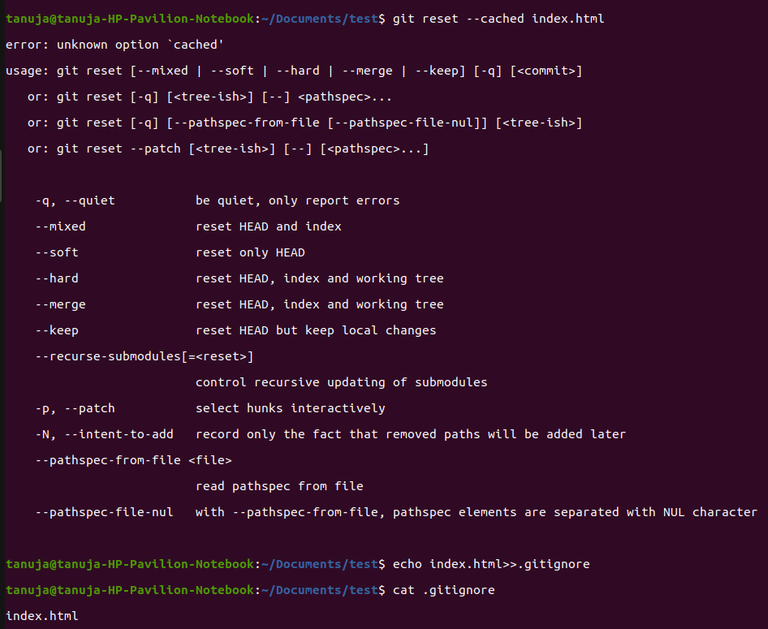

It’s a good idea to remember, though, that we’re all unique. This rage is at the core of a narcissistic collapse. This emotional pain may turn into narcissistic rage. Mental health experts have observed that, sometimes, when a narcissistic person doesn’t receive the external validation they believe they deserve, it can result in a high level of stress and hurt.

It may also be more common among people with certain types of narcissism. It isn’t a condition or a formal symptom of NPD. Narcissistic collapse refers to an emotional reaction that some people with narcissistic personality disorder experience under specific circumstances. There’s limited research about it, though, and it’s difficult to determine whether this really applies to everyone with a narcissistic personality. They live with a mental health condition that has formal symptoms like grandiosity, low empathy, and the constant need for praise and admiration.Īlthough there’s no consensus about it, some experts have found that this attitude of superiority may help them compensate for fragile self-esteem and a sense of vulnerability. In reality, people with NPD are complex emotional beings like everyone else. In popular culture, people with narcissistic personality disorder (NPD) are often portrayed as self-assured, confident individuals who care nothing about others. Typically, the emotional pain will decrease and the person may return to feeling their usual. Narcissistic collapse isn’t a permanent occurrence once it happens. In general, it may involve intense emotional reactions and a tendency toward vindictive behaviors, but it could also lead to depression and withdrawal.

The signs of narcissistic collapse may vary from person to person. It can lead to withdrawal or vindictive behaviors. Narcissistic collapse is an intense emotional reaction experienced by a narcissistic person when they sense a setback.


 0 kommentar(er)
0 kommentar(er)
